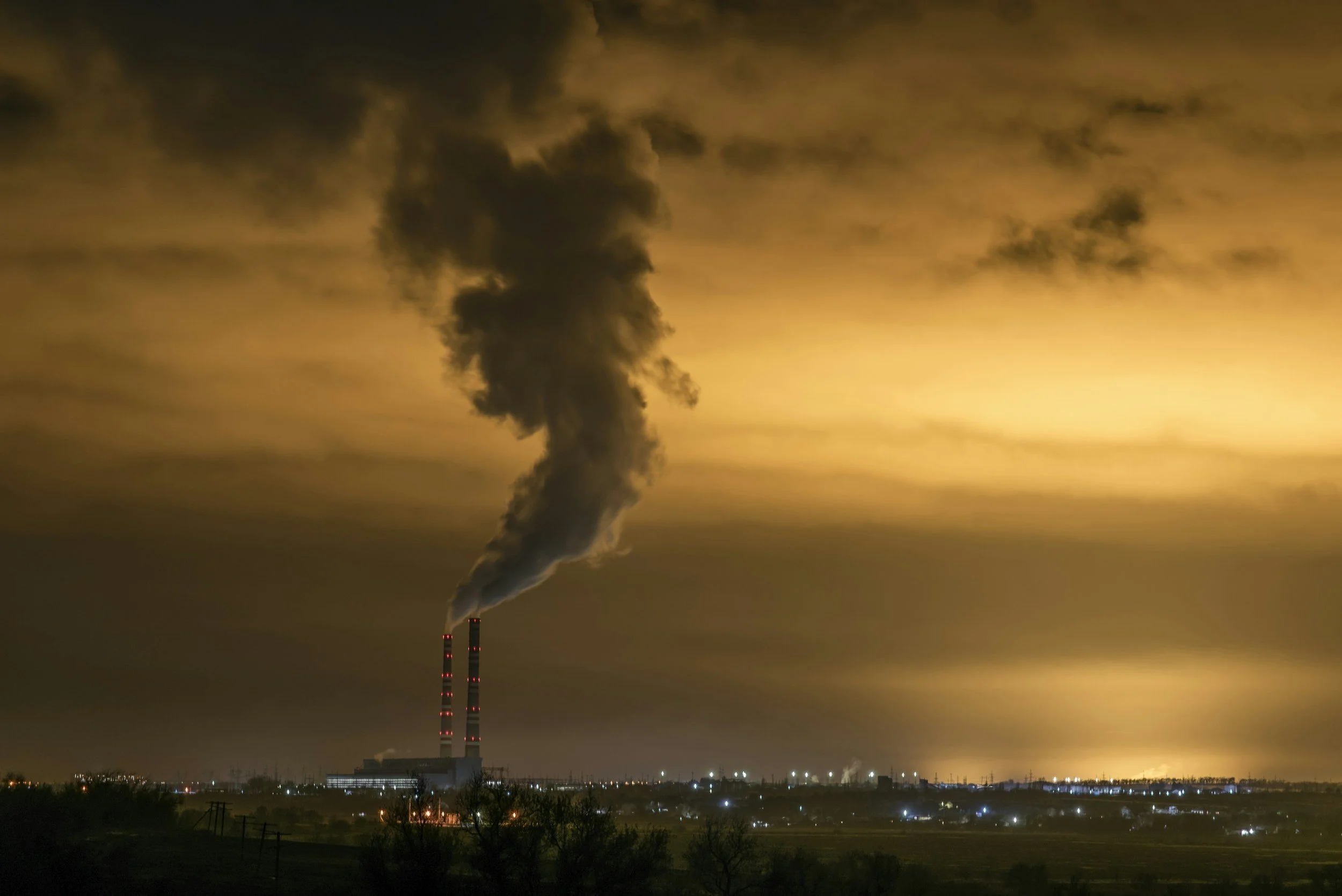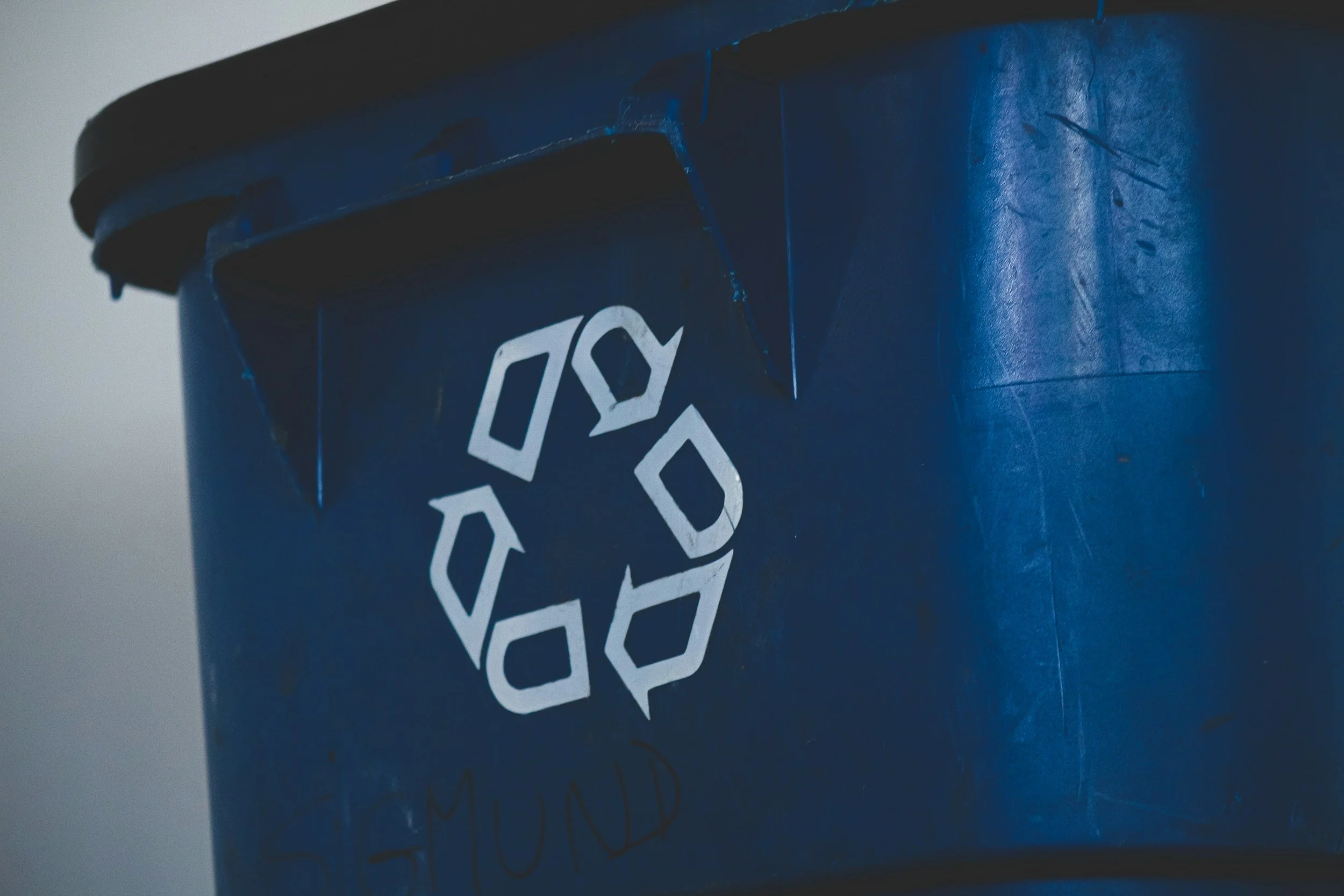Migrant workers have long been subject to unsafe working conditions in the meat-packing facilities. 2L staffer, Cierra Garcia, explores what can be done to safeguard these workers.
Going through all the important changes likely to come from the Harmful Algal Bloom and Hypoxia Research and Control Amendments Act of 2025, which intends to address harmful algal blooms, 2L staffer Nathan McCoy appraises whether it is effective in its goals. McCoy eventually concludes a finding that the amendment does indeed address the challenges of harmful algal blooms to the extent it could be considered to have fulfilled its purpose.

In this blog, 3L Staffer Chasity Peters argues that the EPA’s proposal to eliminate greenhouse gas reporting requirements under the Greenhouse Gas Reporting Program will cost the American people far more than the agency suggests will be saved by ending the requirement due to the increasing costs of climate change.

In this blog, 3L staffer Lydia Deaton discusses the need for additional IP protections within the bourbon industry and the potential use of trade secrets to help protect Kentucky's bourbon distillers. This blog argues that trade secret law offers a practical avenue of protection for bourbon manufacturers, safeguarding mash bills, aging techniques, and blending practices so long as reasonable confidentiality measures are maintained.

Recently, the Federal Trade Commission stepped into a Texas-led antitrust litigation against some of the country’s largest institutional investors—BlackRock, Vanguard, and State Street—by filing a statement of interest with the court. In this blog, 3L Jessica Kurtz unpacks the claims levied by the states against the backdrop of the sustainable investment strategies invoked by the companies. Kurtz discusses how asset managers can satisfy their fiduciary duty to insulate their clients from climate risk without running afoul of antitrust laws, particularly cautioning companies managing significant shares in energy companies from agreeing to reduce emissions.

In this blog, 3L staffer Hyeongchan Kim examines the current recycling challenges in the United States by comparing recycling policies across several countries, including Germany, Austria, South Korea, and the United States. He highlights that although each country has its own legal system and procedures, the adoption of standardized recycling laws in US is recommended, drawing on examples from countries with higher recycling rates.


